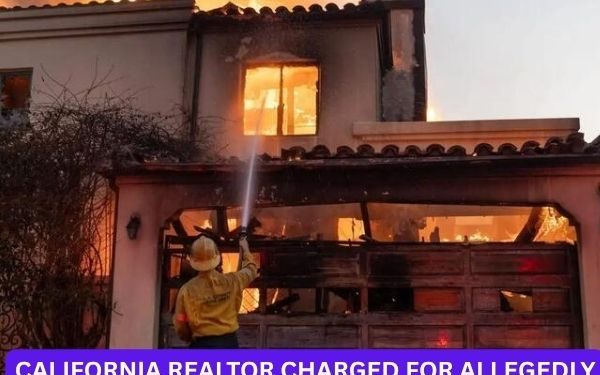Los Angeles, CA – A Beverly Hills real estate agent is facing criminal charges for allegedly violating California’s rent control laws in the aftermath of the destructive Palisades Fire, which displaced numerous residents earlier this year.
Attorney General Rob Bonta announced Tuesday that Iman Eshaghyan, a top-performing agent at Coldwell Banker Commercial, is charged with two misdemeanors for illegally raising rents on two properties by 30%—three times the legal limit set during states of emergency.
The properties were marketed to wildfire evacuees after the fire prompted Governor Gavin Newsom to declare a statewide emergency in January. Under California law, landlords are barred from increasing rent by more than 10% during such emergencies, to protect victims from price gouging.
“We will not stand by while Californians displaced by wildfires are further victimized by those seeking to profit from their hardship,” Bonta said in a statement. He encouraged affected tenants to report violations and share their stories.
Eshaghyan has not directly commented on the charges and referred inquiries to his attorney, who has yet to issue a public statement. His LinkedIn profile lists him among the top 1% of Coldwell Banker Commercial sales associates.
This case is part of a broader crackdown by state officials on alleged price gouging in California’s tight rental market. Earlier this year, Bonta filed similar charges against three other agents accused of exploiting disaster victims. All have denied wrongdoing.
In a separate case, Los Angeles City Attorney Hydee Feldstein Soto also brought charges against another real estate agent and homeowner for alleged price gouging following natural disasters.
The Palisades Fire left many scrambling for temporary housing in an already overheated rental market, where vacancy rates are low and prices remain high. Officials are urging displaced residents to report any potential violations and preserve communication records—texts, emails, or screenshots—that could serve as evidence.
Complaints can be filed through the Attorney General’s website or by calling the state’s consumer protection hotline.










